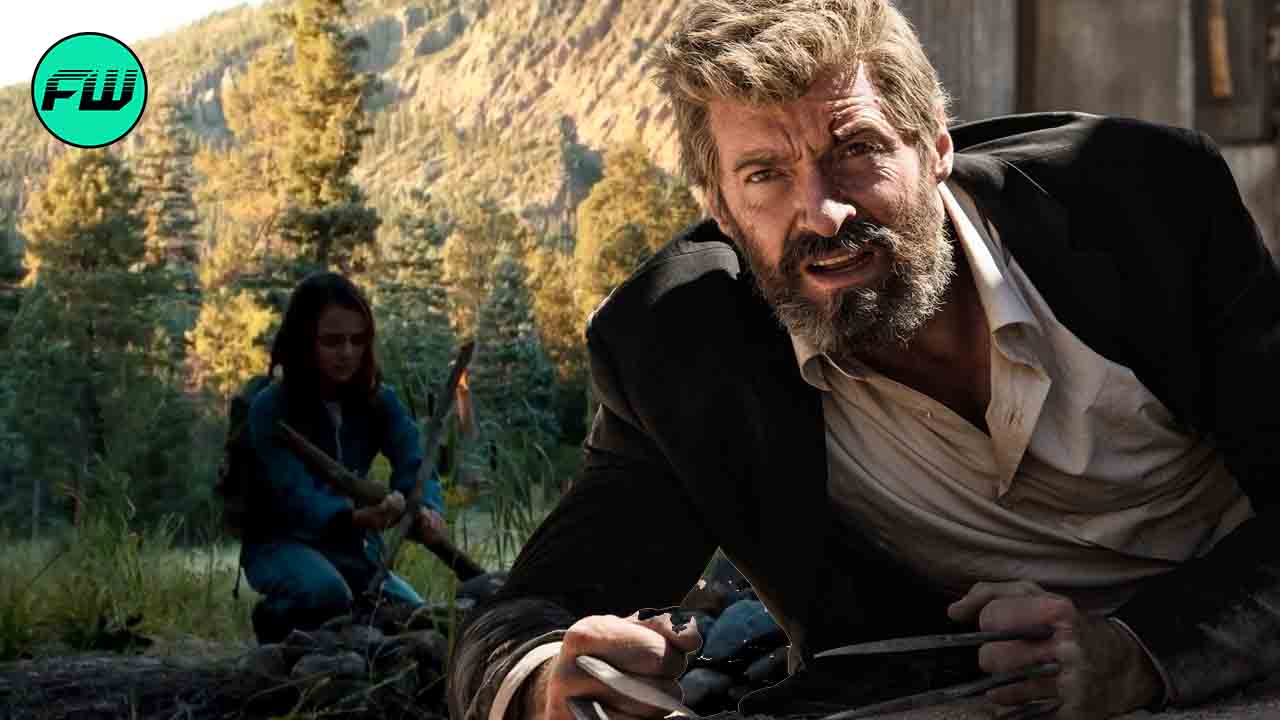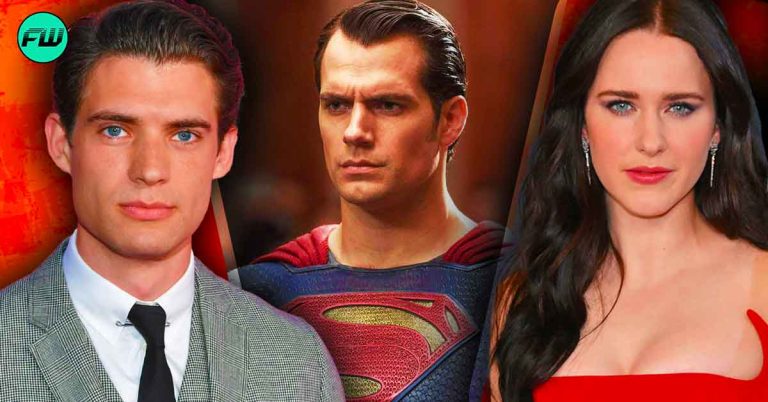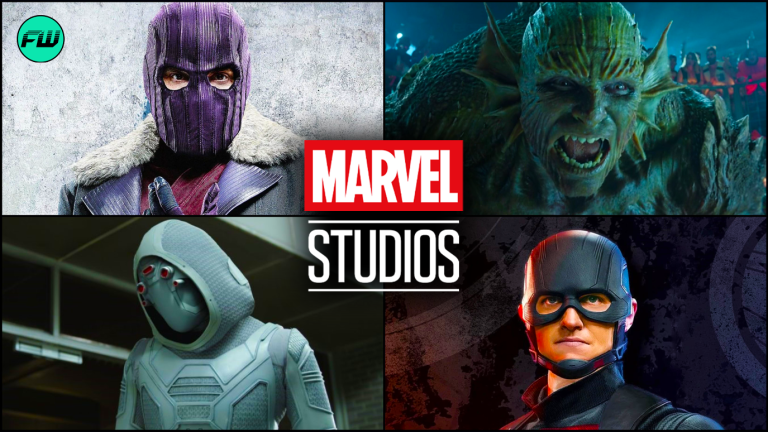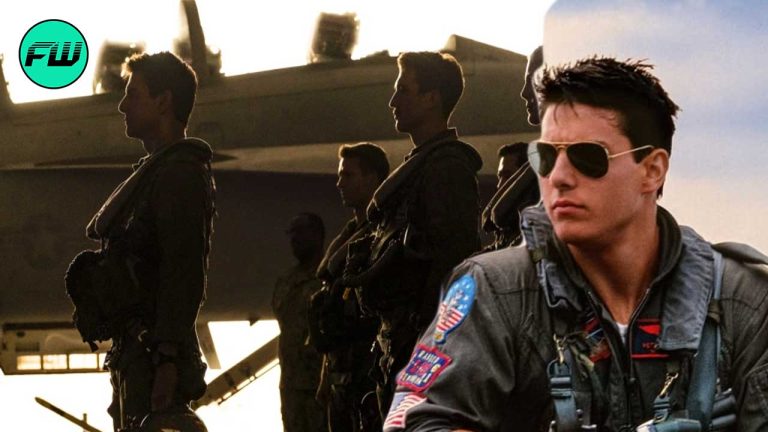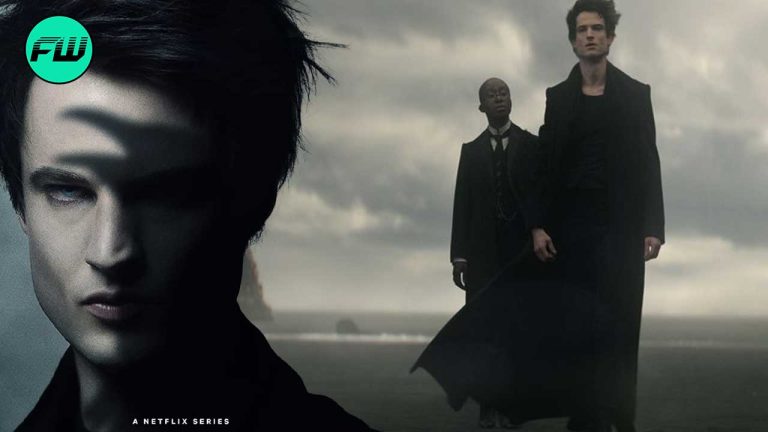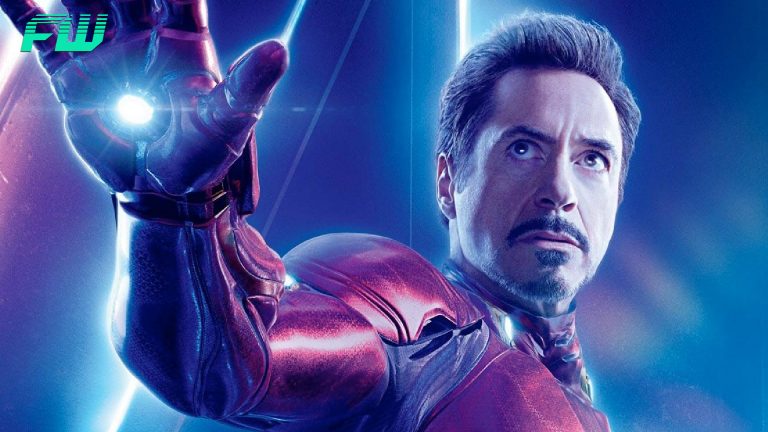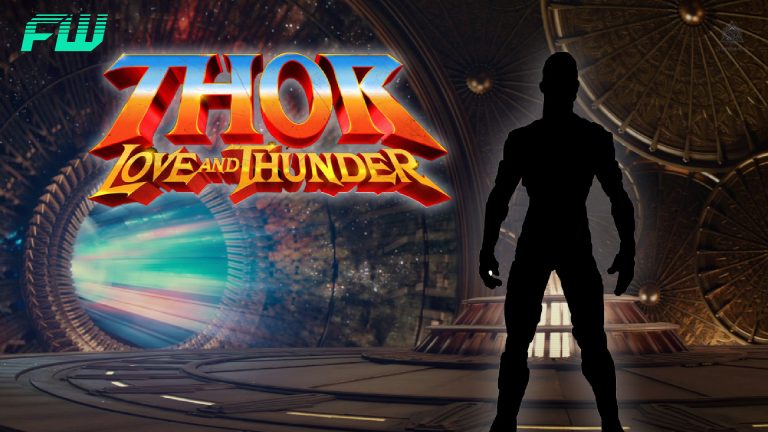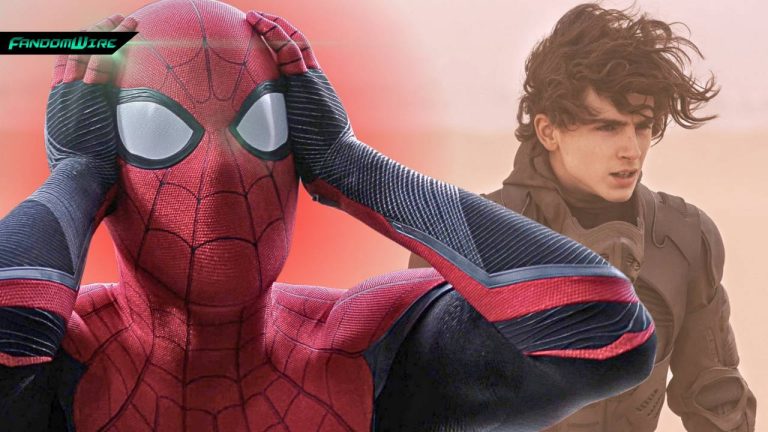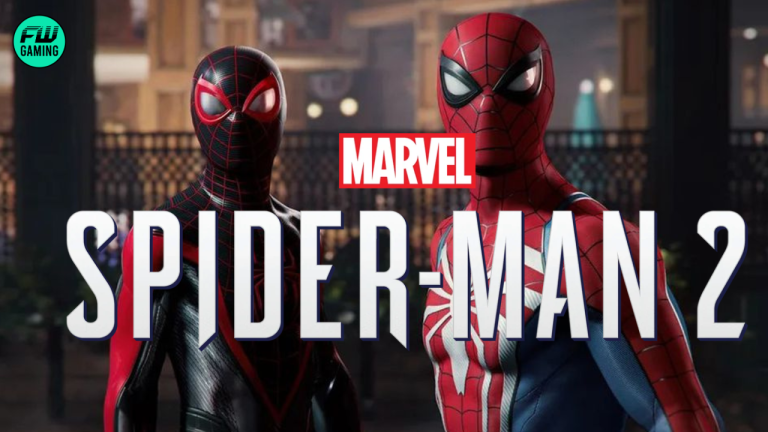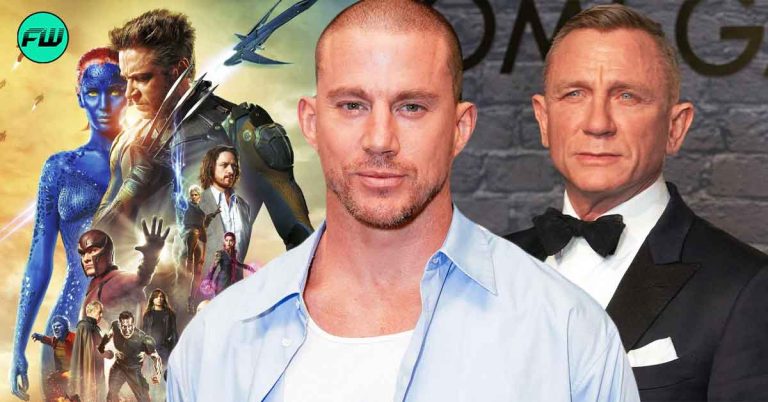In a genre saturated with CGI and formulaic plotlines, Logan is proof that there’s still scope for cinematic brilliance that can push the envelope. Directed by James Mangold, Logan marked the end of Hugh Jackman’s portrayal of Wolverine after 17 years of nailing the role to perfection. A poignant conclusion of our favorite anti-hero, Logan doesn’t just push the boundaries of the genre, it transcends into uncharted territories of violence and the toll it takes even on the ‘unkillable’. In a time when superhero movies are in a dime a dozen, mire with plotlines that can be predicted from miles, the movie sets the benchmark as a definitive masterpiece, unfazed by the fetishization for continuity and timelines. Though the movie marketed itself as a farewell to Jackman, it does that, and much more that can never be replicated in an industry obsessed with overarching plotlines to keep the machine running.
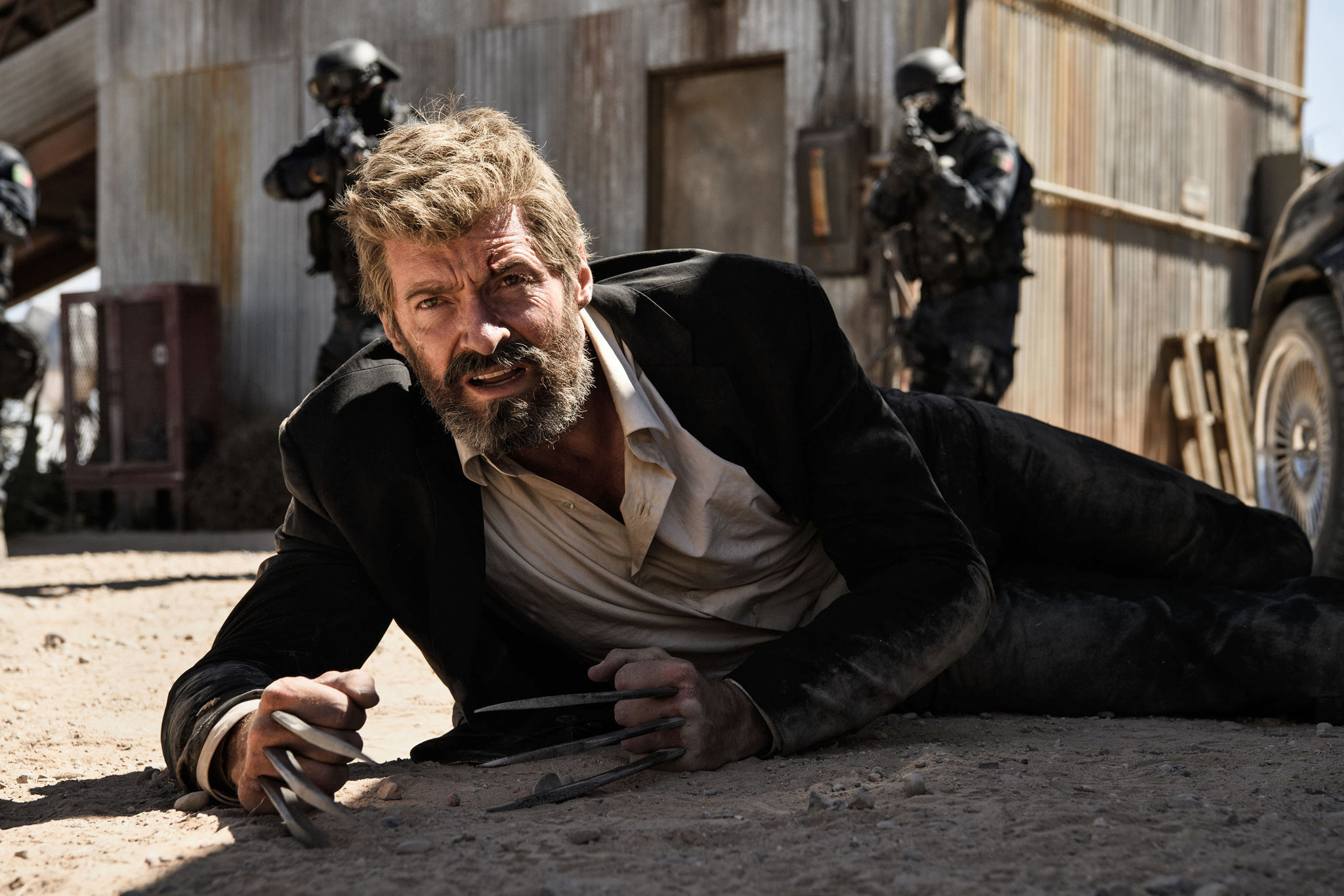
Related: ‘Logan’ Director On Why He Didn’t Include Magneto In The Film
Set in a post-apocalyptic future where mutants have almost disappeared, Logan takes its inspiration from possibly one of the darkest source materials: Old Man Logan. Though the movie skips a major chunk of the original source material for obvious reasons, at no point it does do any disservice to the legacy of both Hugh Jackman and Sir Patrick Stewart. On the surface, it’s a simple plot where both Logan and Charles Xavier are nearing their end. But on a closer study, it’s a deep introspection on the history of violence that has taken its toll on the strongest warrior and the messiah of the pariahs. Wolverine at his most nihilistic and Charles Xavier literally at his wit’s end, Logan is a difficult watch for an entire generation who grew up with these characters.
Why Marvel Studios Can Never Replicate Logan
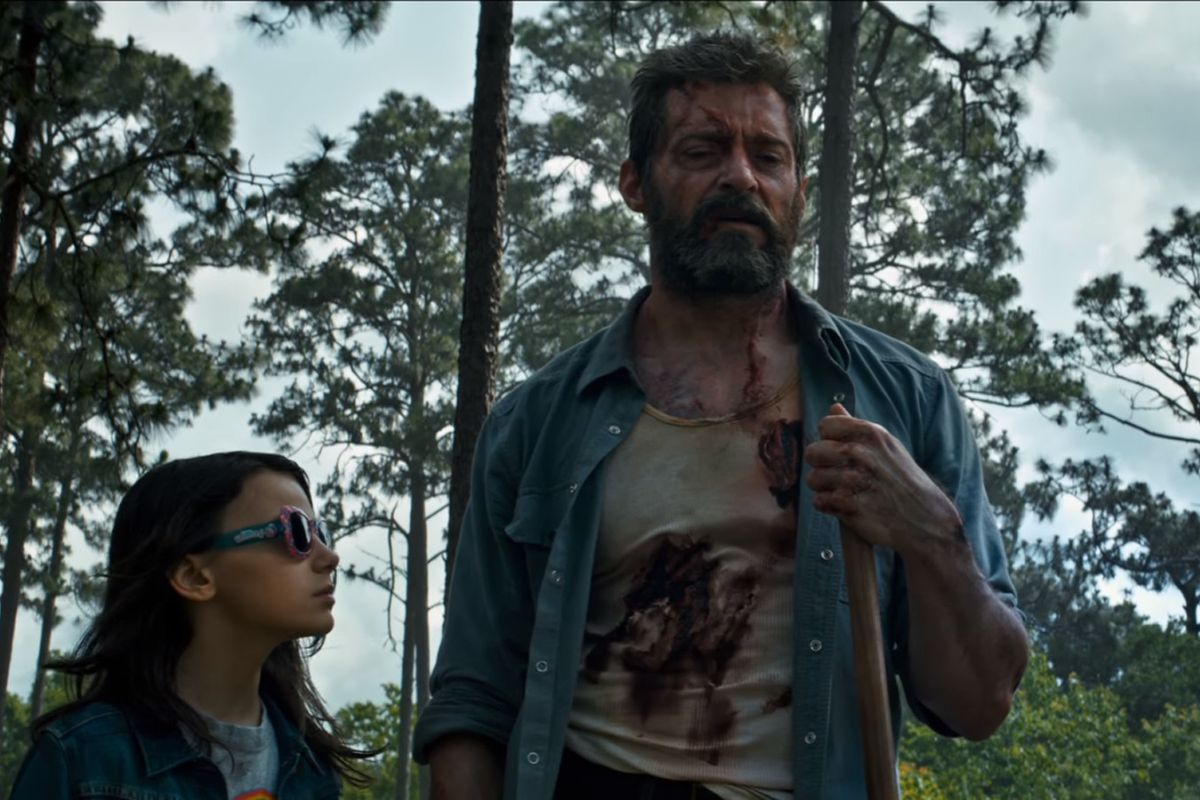
In all its visceral glory, Logan addresses one pertinent issue that has plagued the superhero genre for a long time: the finality of death. In a genre where characters refuse to die, or worse, resurrected by deus ex machina, Mangold’s masterpiece makes death absolutely final, even for someone who cannot be killed. A far cry from colorful costumes and ultra-stylish action sequences, the movie never fails to remind that years of violence can fundamentally change everyone, even an indestructible killing machine. A deconstruction of the genre at its best, Logan is polemic and poignant at the same time. However, it craftily puts small glimpses of hope devoid of any inspirational heroism which truly shines even in the bleakness of the movie.

Despite falling in the superhero genre, Logan expertly mocks the genre itself with its sublime story and characters. In a time when mega studio houses are churning superhero movies without any real substance, the movie shows the mirror by introducing an evil corporation that produces ‘mutants’ as the major antagonist of the movie. Similarly, director James Mangold never shies away from the brutality of violence which makes the viewer flinch despite being accustomed to bloodless and hollow gravity-defying, stylistic violence in a myriad of superhero movies that have come before. To an extent, the movie even enters a territory that’s bleak even for an R-rated movie: contemplation of suicide. However, that’s exactly where Mangold shines as a director as he wants his audience to understand the subtlety of the matter instead of serving it on a plate.
In a time when words such as ‘gritty’ and ‘violent’ are used without any second thoughts, Logan substantiates the terms not just with its portrayal of violence, but also with its vast emotional depth. While the movie might have bid its final adieu to Jackman’s portrayal of Wolverine, in some ways, it also bids farewell to originality and realism in the superhero genre that is dominated by merchandising and profits.

